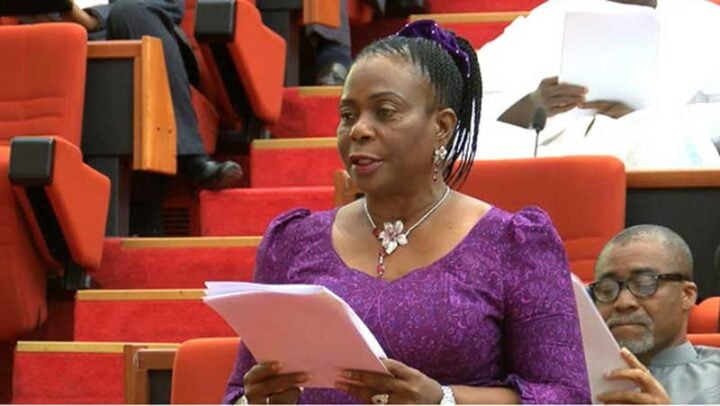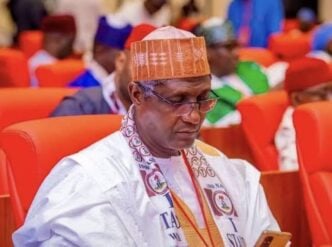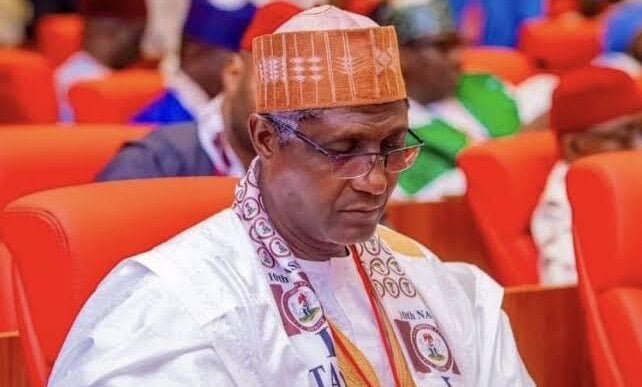Former IGP Usman Baba
Usman Baba, the former inspector-general of police (IGP), says the contributory pension scheme for police officers has failed to cater to the welfare of retirees.
Baba, who was appointed IGP by the late former President Muhammadu Buhari in 2021, said the scheme has created a system of segregation among retired officers.
He was removed in June 2023 by President Bola Tinubu and replaced by Kayode Egbetokun.
Speaking in an interview with ESET TV, Baba said some of his colleagues have not received their retirement benefits, years after leaving service.
Advertisement
“There are some of my colleagues that have not even gotten their retirement benefits up till today, and there is this segregation,” the former IGP said.
“Like I’m getting my salary every month, and these are my colleagues whom we joined together, progressed together, and are not getting.
“Just last week, Isah, my PA, who retired seven months ago, was telling me that he had not gotten one kobo up till today.
Advertisement
“How do you expect performance, loyalty, and commitment when you are afraid of retiring?
“And it is not like the military, where three to four months before you retire, the military will take you to Oshodi and start giving you training on what to do. This one, you work until you retire, the day you go.”
Baba said the current IGP, Egbetokun, has never consulted him on police administrative matters or the lingering pension crisis.
“Like, unfortunately, the man who succeeded me, he has not known much of what police administration is rather than operation because he has been in the field,” he said.
Advertisement
“There was a time he even supported the pension programme and there was a lot of cry.”
Asked if there is a platform where serving and former IGPs meet to discuss institutional issues, Baba said such a forum exists but is rarely activated.
“We have a forum, but you know the IG’s office is a very busy office, but it all depends on who is there and how he thinks it is important for him to level on experience,” he said.
“Like personally, he has never asked me for anything, and I have never said anything to him.”
Advertisement
He recalled a public hearing at the national assembly where stakeholders, including police retirees, expressed outrage over the pension scheme.
“I told you we had a joint session of the national assembly for a public hearing, and people came,” he said.
Advertisement
“We got people from outside the industry, inside the industry, and the retired police officers and how they have been suffering.”
The police contributory pension scheme was introduced in 2014 to replace the defined benefits system.
Advertisement
Under the scheme, officers contribute eight percent of their salary, while the federal government adds 10 percent, with the funds managed by pension fund administrators.
But many retired officers, especially those of lower ranks, say they receive meagre monthly payments ranging between N14,000 and N40,000—even after serving for over 30 years.
Advertisement
In contrast, senior officers—such as former IGPs—are exempted from the scheme and continue to enjoy better entitlements.
This disparity has triggered discontent and protests.
On July 21, thousands of retired officers held coordinated protests in cities such as Abuja, Calabar, Ilorin, and Benin.
They called for the removal of the police from the contributory scheme and demanded the establishment of a separate police pension board, as well as the settlement of the N758 billion owed to security agencies.
The current IGP, Egbetokun, acknowledged their grievances and instructed commissioners of police to ensure the protests were peaceful.
He said the demand to exit the scheme was beyond the powers of the police leadership, given the legal and fiscal implications.











